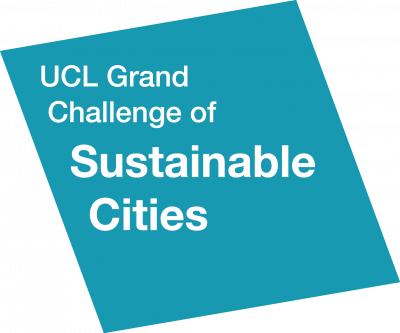Client-architect interactions during minor domestic works
An overlooked opportunity for enhancing the sustainability of the UK housing stock?
1 August 2014
Architects working within the private residential domain learn to read their clients well: they gauge clients’ openness to new ideas, their capability and willingness to pay, and they anticipate their clients’ requirements. Although the architects expect to use their creative skills and tend to feel that they own the design, at the same time they are very sensitive to the clients’ wants and put themselves in the clients’ shoes. They seek to influence the client towards a better solution but ultimately, they view the client as the decision maker: they can challenge the client but there is a limit. Nonetheless, they are very influential in the interactions with clients. The options they propose and the ideas they introduce frame the clients’ decisions, and they guide the client in many ways during their interactions. However, the architects’ consideration for their client, combined with the assumptions they make, can constrain what they offer, discuss or encourage. There can be a somewhat curious imbalance between the emphasis placed on light within a design (almost always discussed in some detail) and thermal comfort (infrequently considered), despite the importance of both in the experience of the built outcome. Improving the energy efficiency of existing housing stock is of major importance in achieving national goals on carbon reduction. Inclusion of environmental impact, energy efficiency and thermal comfort in early discussions with clients as a matter of course would ensure that, at a minimum, the client has been presented with options and information and their response has been evaluated rather than assumed.
The objective of academic research is to add to knowledge in society. Topics are typically identified through review of previous research and observation of societal problems. Outcomes from research are written up for publication in peer-reviewed journals and presentation at academic conferences. Through these and other means of dissemination, new findings are discussed and become part of understanding used in education, policy and the wider media.
 Close
Close


